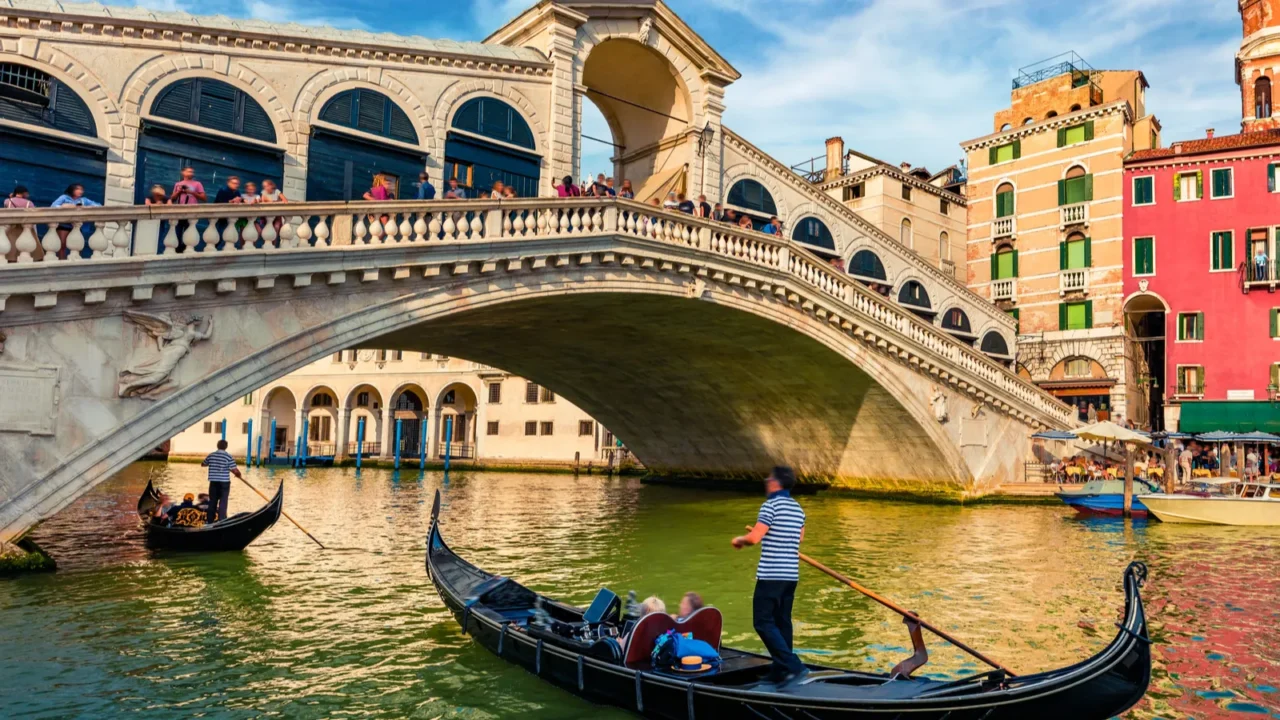
Venice tightens the rules
Venice is one of the world’s most visited cities, but its charm has been under pressure. Millions of tourists each year have made life harder for locals and damaged historic spaces.
Now, city officials are cracking down with a list of banned behaviors and steep fines. These rules aim to protect Venice’s fragile streets, canals, and culture while teaching visitors how to respect the city.
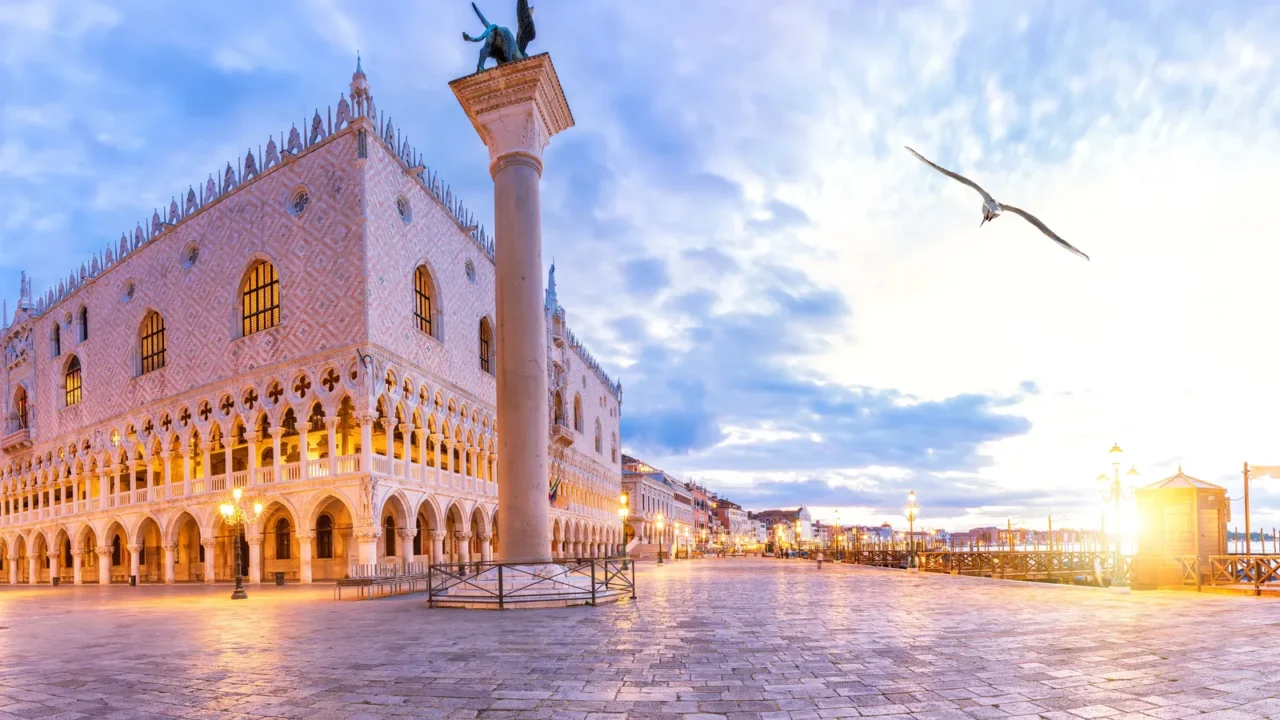
No picnics on monuments
Sitting on bridges, steps, or near landmarks with food might feel relaxing, but it’s now off-limits. Eating and drinking in these public spots often leaves stains and trash.
Tourists caught doing this can face fines of €100 to €200. It’s part of a bigger effort to keep Venice beautiful and safe for everyone. A café or park bench is always a better spot to snack.
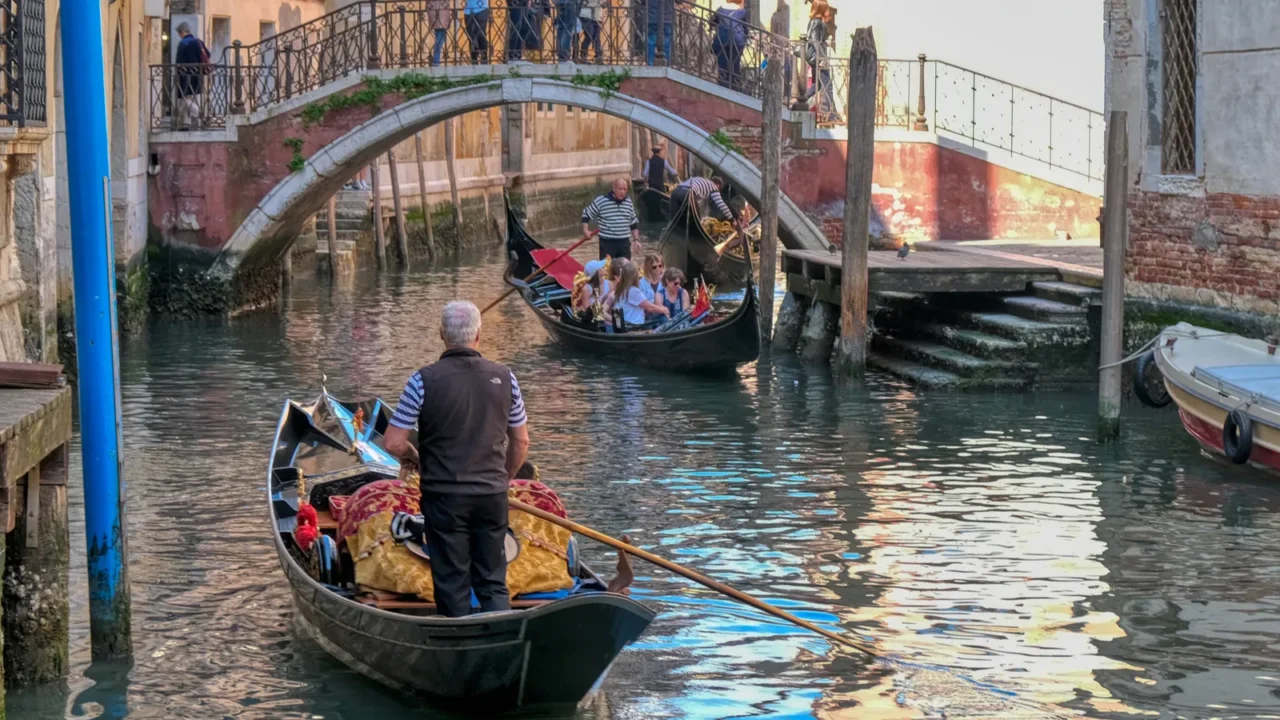
Swimming in canals banned
Those sparkling canals may look tempting on a hot day, but taking a dip is strictly forbidden. Venice’s waterways aren’t swimming pools; they’re working transport routes with boats constantly moving.
The fine for swimming, diving, or bathing in canals is €350. Offenders may also be banned from the area where they broke the rule. Sticking to the beaches nearby is the safer choice.
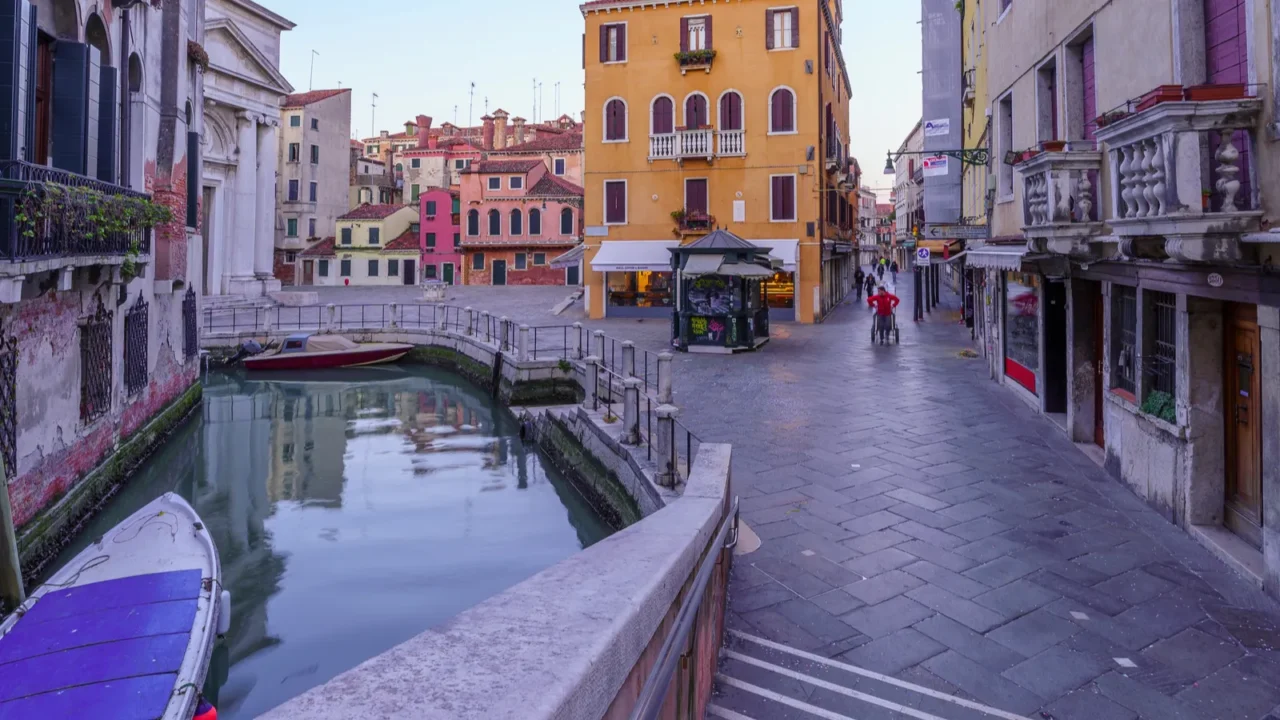
Trash comes with a high cost
Dropping litter in Venice doesn’t just make the city look bad; it can also block water flow and attract pests. Clean-up costs for the city are huge.
Anyone caught littering or dumping trash faces a €350 fine. Repeat offenders risk being banned from certain areas altogether. Carrying a small bag for trash can save you a big headache.
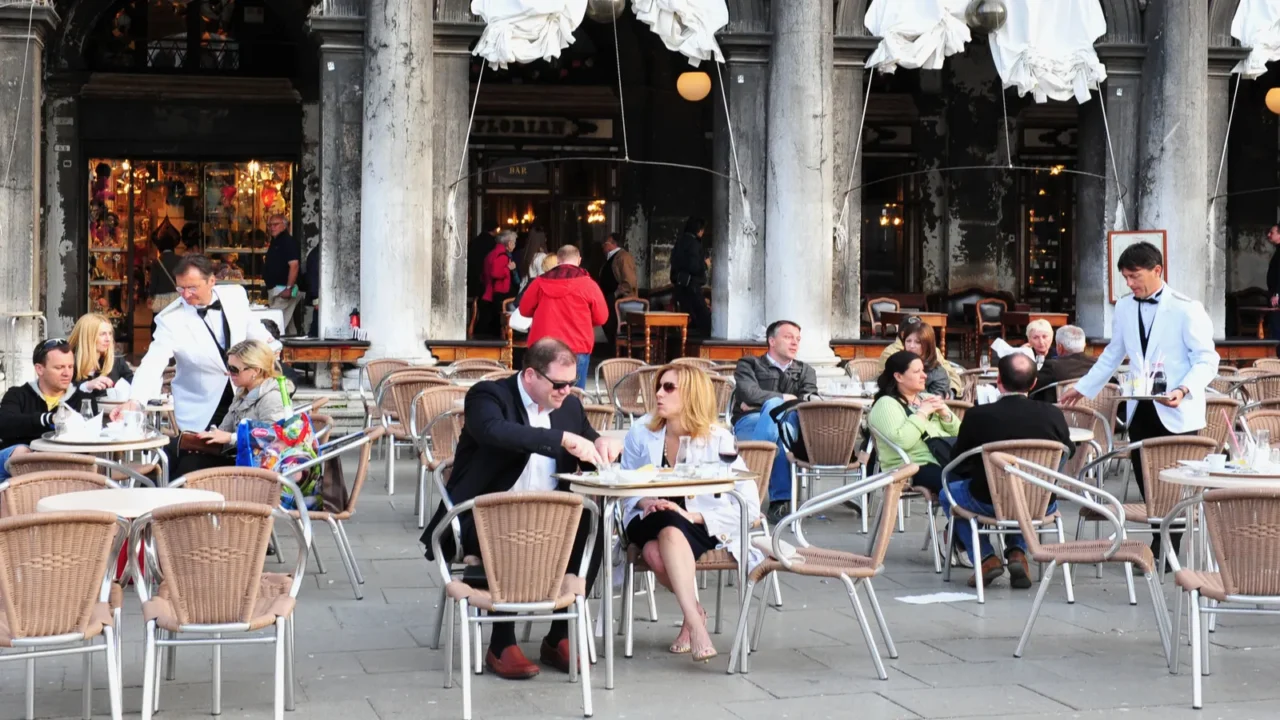
Dress code matters
Walking bare-chested or in swimwear may be normal at the beach, but not in Venice. Locals see it as disrespectful to the historic and religious spaces around them.
This behavior now carries a €250 fine. Visitors are expected to dress modestly while moving around the city’s streets. Think of it as dressing with respect for a living museum.
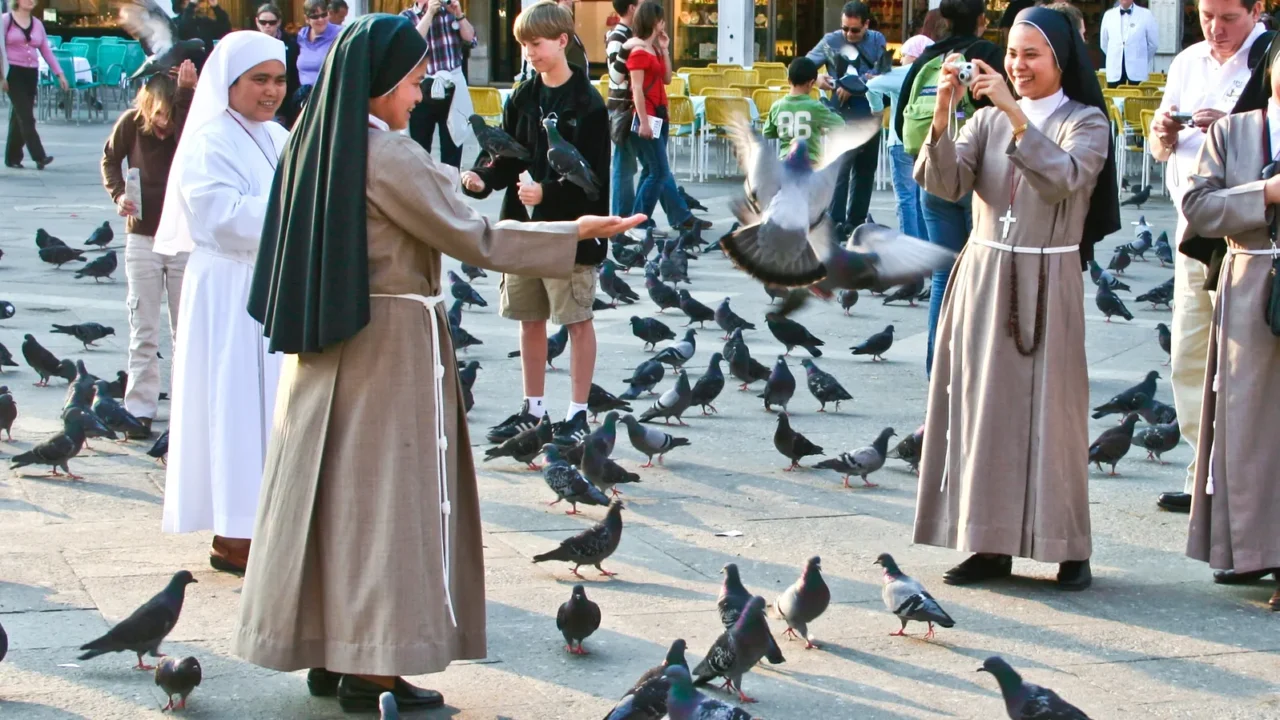
Don’t feed the birds
Many visitors enjoy tossing crumbs to pigeons or seagulls, but the city says no more. Feeding them has caused overpopulation, damage to monuments, and messy streets.
Fines for feeding birds range widely, from €25 to €500. Venice wants to balance animal welfare with the need to protect its environment. Keeping food to yourself helps keep Venice cleaner and calmer.
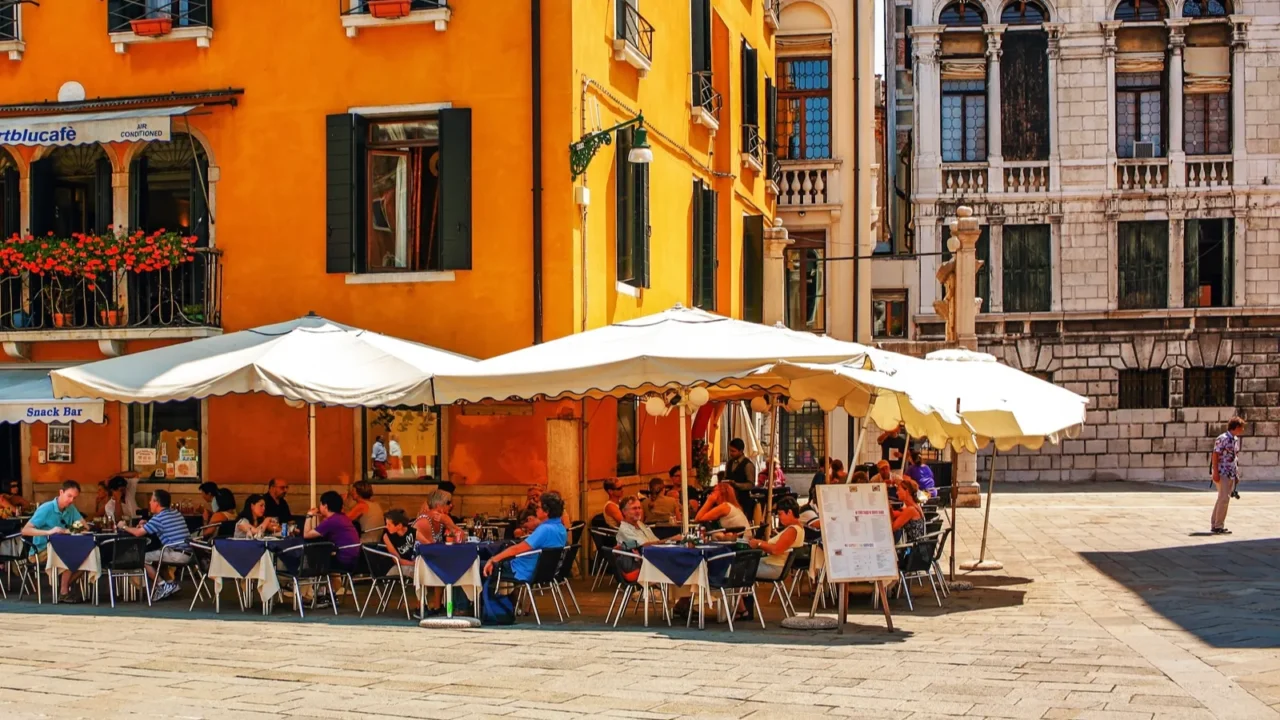
No bikes allowed on streets
Unlike many cities, Venice isn’t built for bicycles. Narrow alleys, bridges, and heavy crowds make riding unsafe, and even pushing a bike creates blockages.
If you’re caught with a bike, the fine is €100 unless you carry it by hand on approved routes. Boats and walking remain the true Venetian ways to get around.
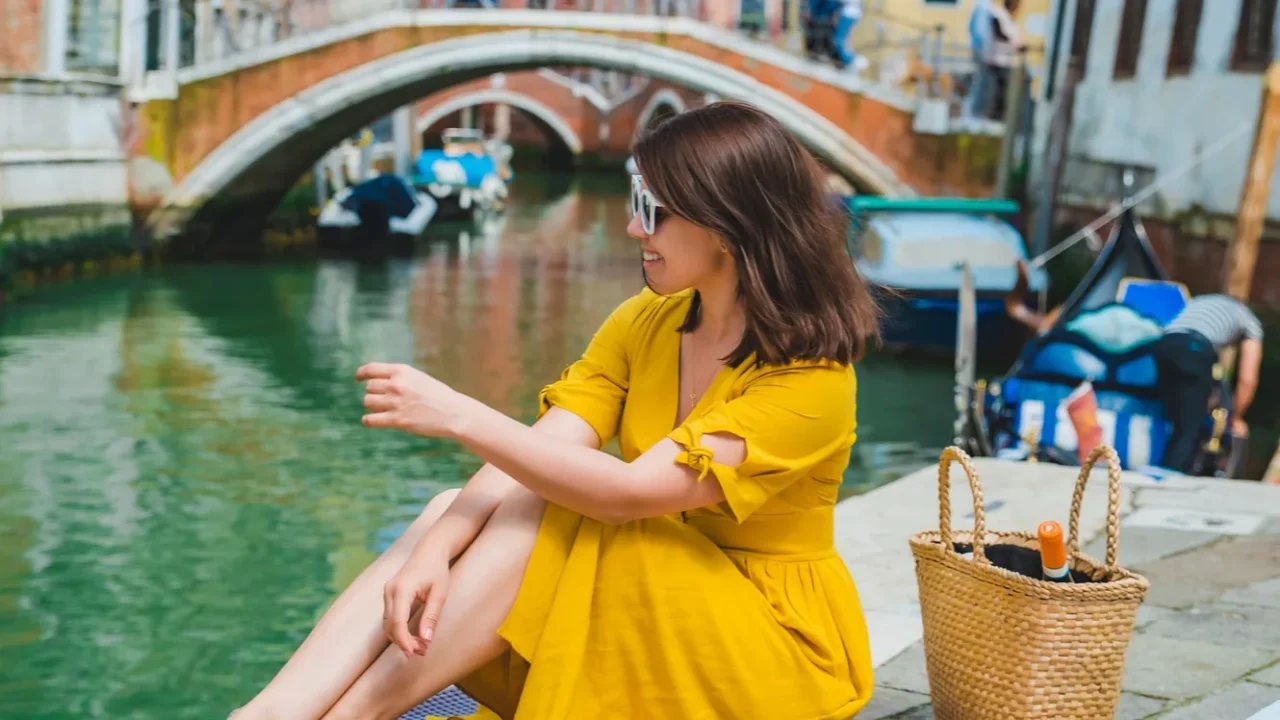
Camping not welcome
Venice’s small squares and scenic corners may seem like a dream camping spot, but setting up tents or sleeping in public areas is illegal. Officials want to prevent clutter and disorder.
Camping or bivouacking carries a €200 fine, and tourists may be banned from the spot they used. Hotels and guesthouses are the only proper options here.
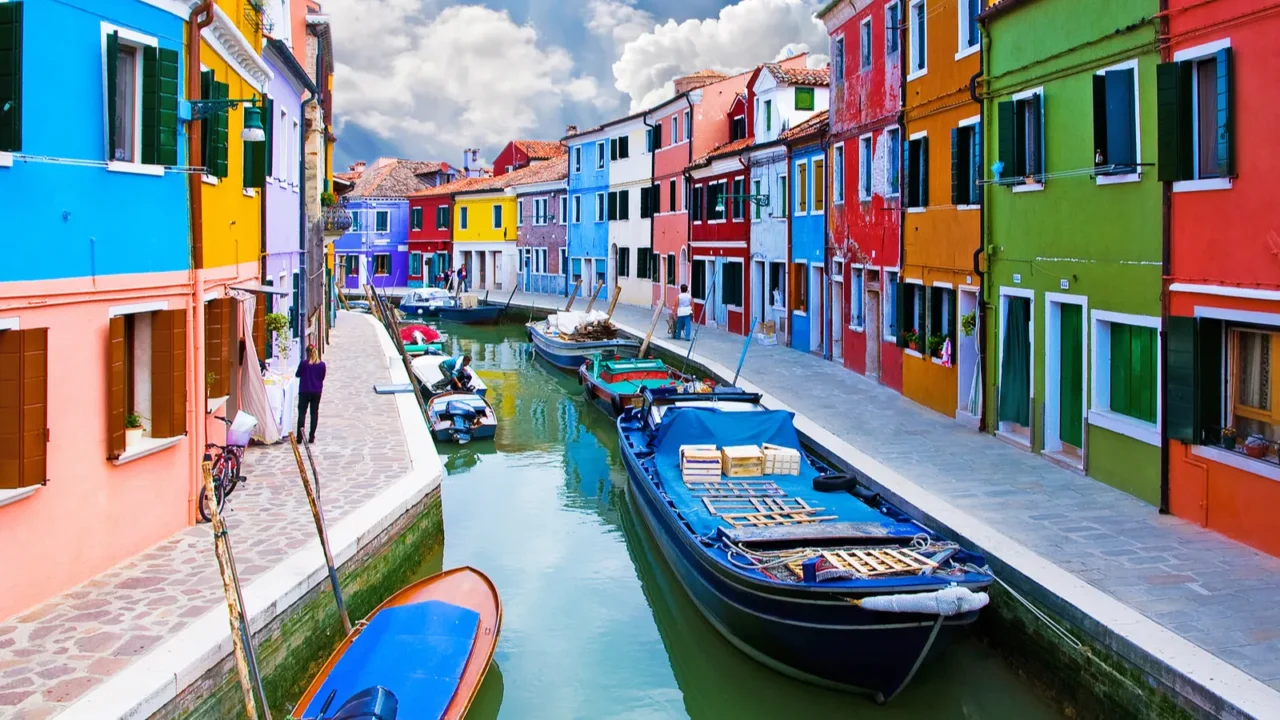
Why these rules exist
These bans aren’t meant to scare people away; they’re designed to protect a city under strain. Overtourism has left Venice struggling with overcrowding, pollution, and damage to its fragile heritage.
By setting clear limits, the city hopes to preserve its beauty and give residents a better quality of life. The goal is balance: tourism that benefits without overwhelming.
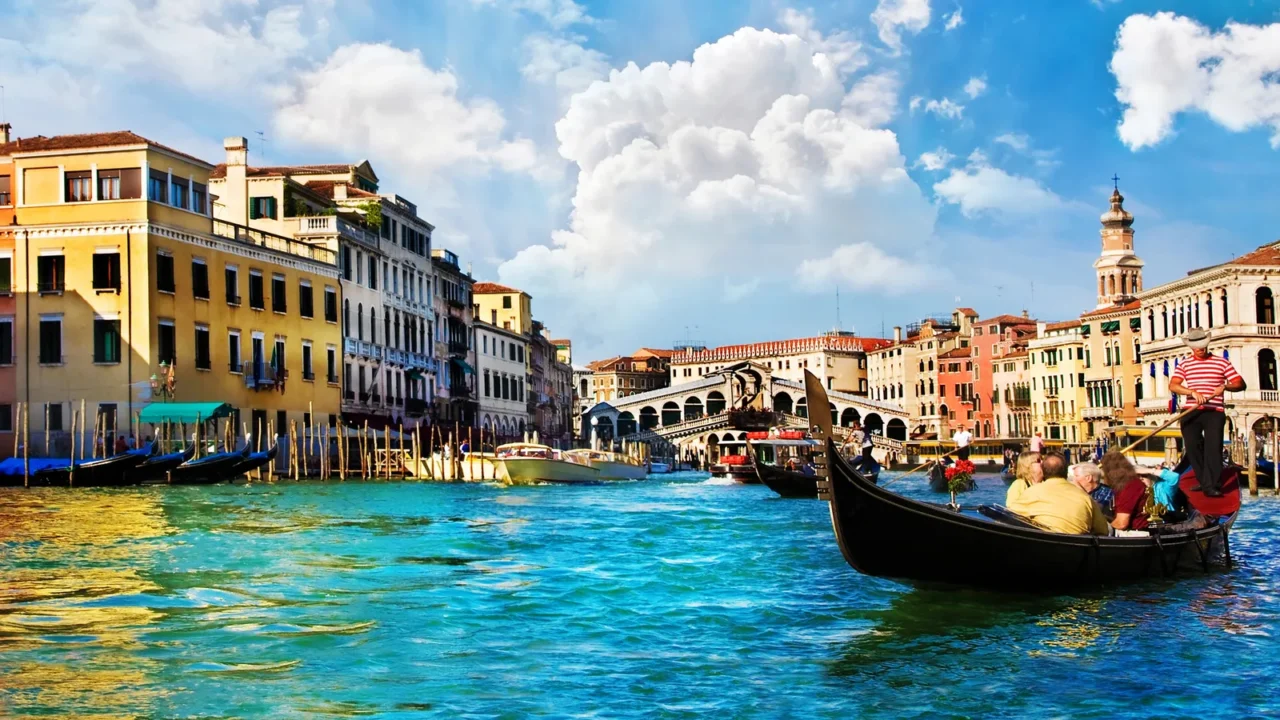
Tour guides face limits too
Large tourist groups have often clogged Venice’s narrow streets, frustrating residents and slowing traffic. To fix this, the city capped groups at 25 people.
Guides can’t use megaphones either, and groups must use earphones to keep noise down. This keeps tours engaging without drowning out daily life.
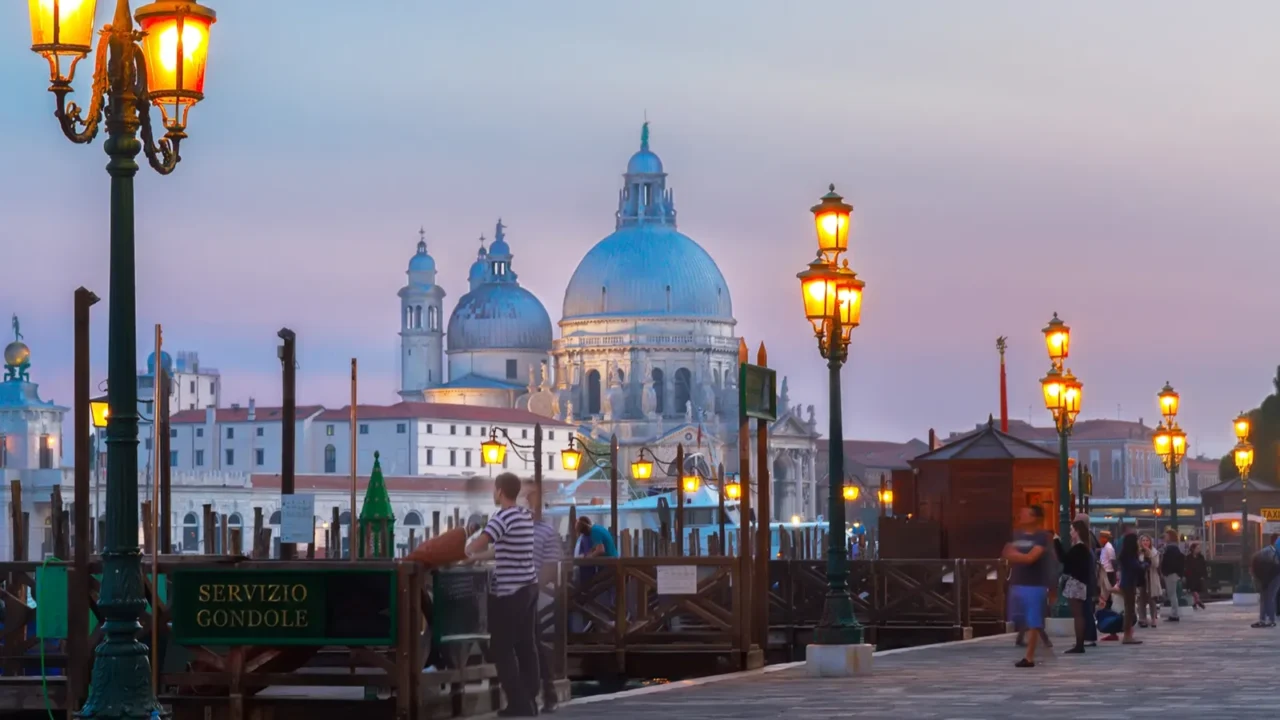
Breaking rules hurts tours
If guides or tour companies break the group-size or noise rules, they risk fines and restrictions. These penalties hold businesses responsible, not just individual visitors.
This ensures professional tours don’t overwhelm neighborhoods or disturb locals. For guides, showing respect is now part of doing good business.
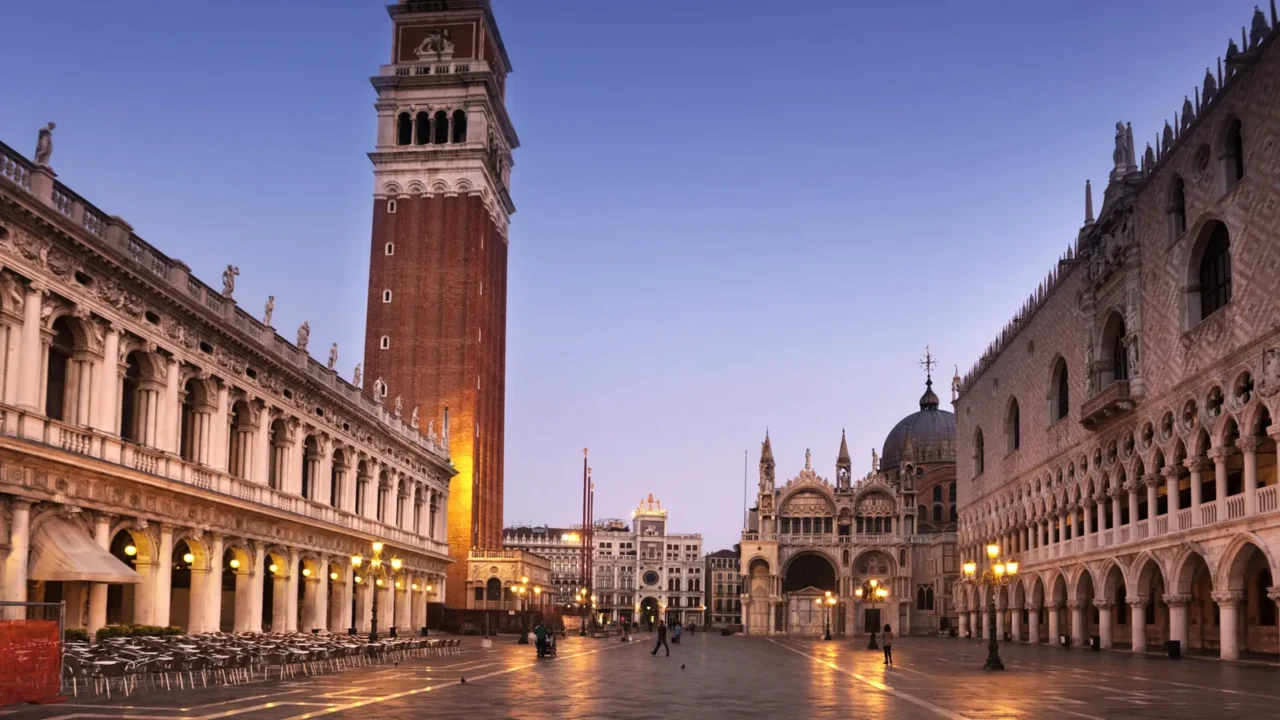
Appeals and exceptions
Not every fine is automatic or unavoidable. Locals, workers, and people with disabilities can apply for exemptions, including digital vouchers for access fees.
If fined, visitors can follow municipal procedures to appeal. Checking the official city site ahead of time helps avoid confusion and mistakes.
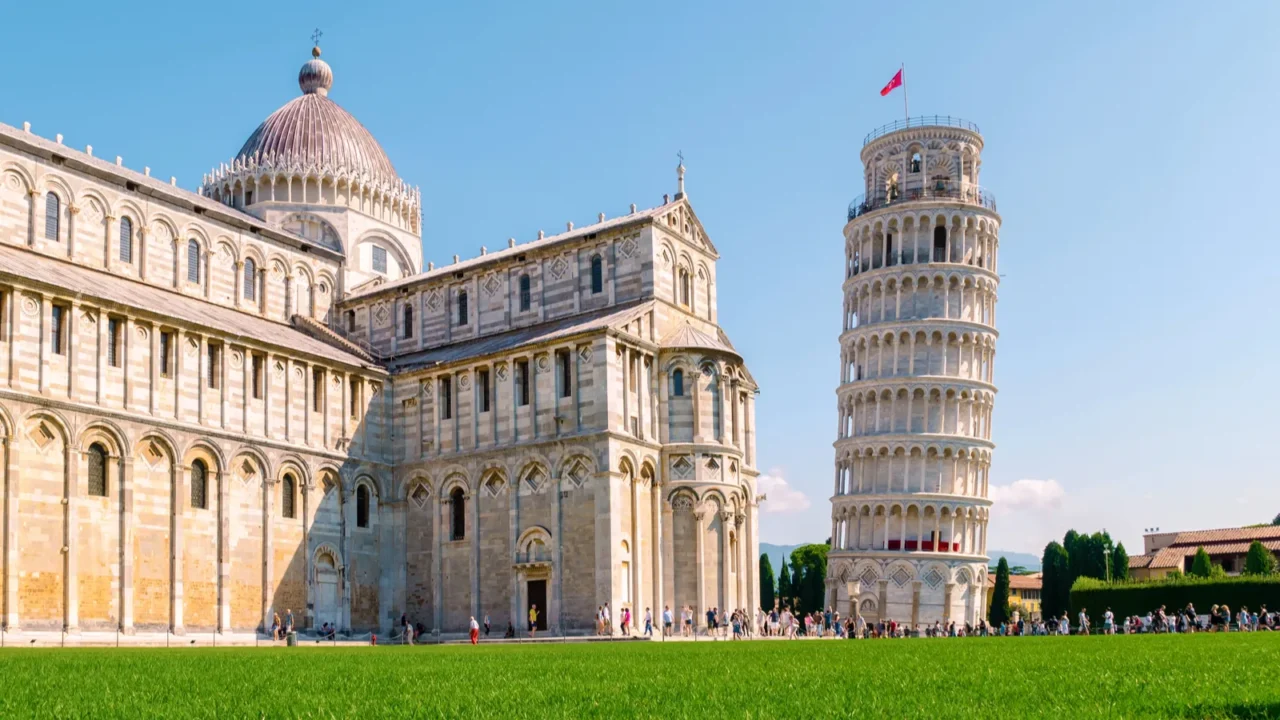
A model for other cities
Venice isn’t alone in cracking down on bad tourist behavior. Florence and Rome have introduced fines for eating on monuments or dressing improperly near religious sites.
It’s part of a larger European trend to manage crowds more responsibly. Other cities are watching Venice closely to see how these efforts play out.
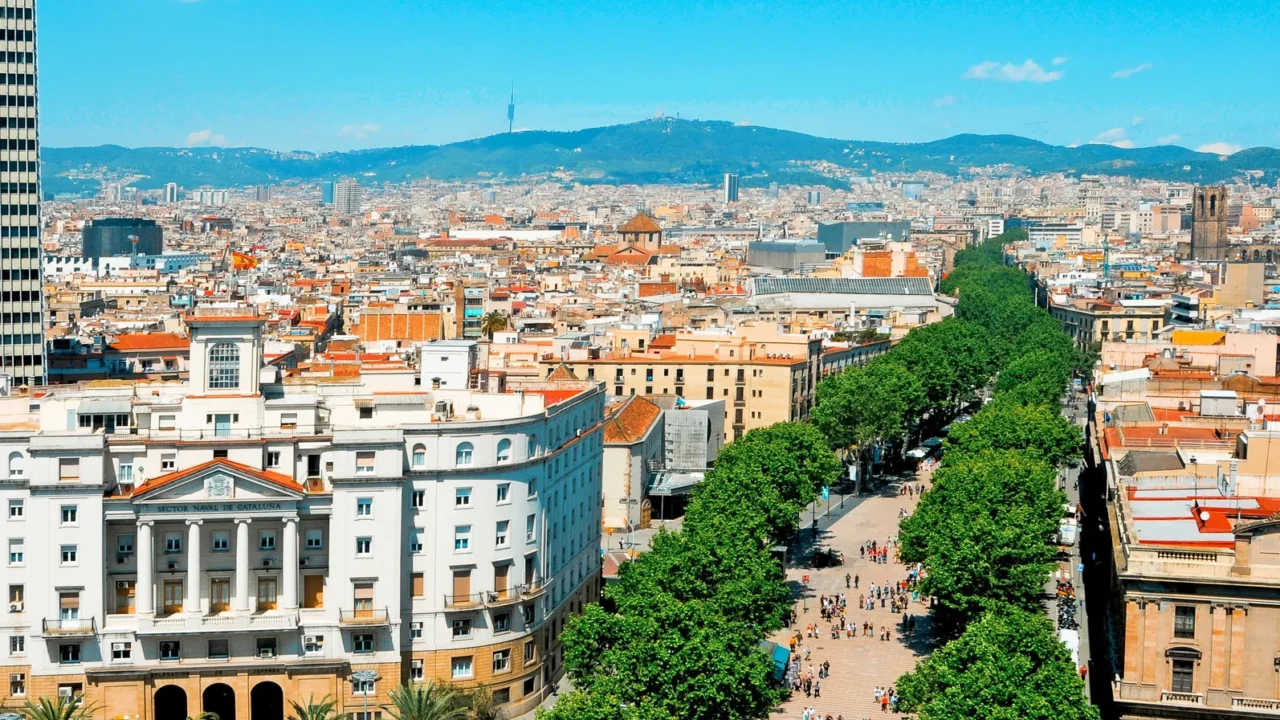
Barcelona says no to rowdiness
Barcelona has fought back against noisy late-night parties, disorder, and feeding wildlife. Local police fine visitors to protect residents and historic spaces from disruption.
Like Venice, Barcelona wants to shift tourism toward respect and sustainability. Travelers are urged to treat neighborhoods as if they lived there.
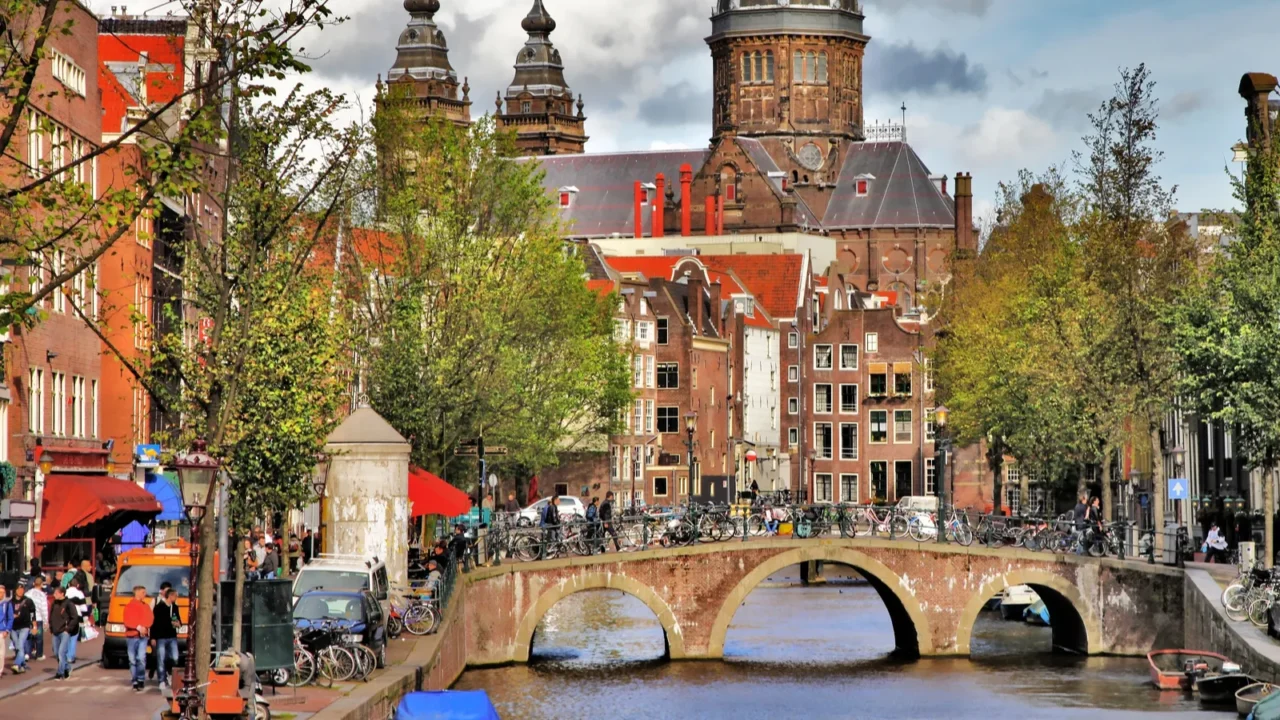
Amsterdam’s strict stance
Amsterdam has cracked down on drunkenness, stag parties, and disruptive conduct that turns the city into a playground. The rules aim to protect residents and culture.
This mirrors Venice’s stance: tourism is welcome, but not at the cost of everyday life. Respectful visitors will always find a warmer welcome. Here are some hotspots you should avoid altogether this summer, as anti-tourism is hitting them hard.
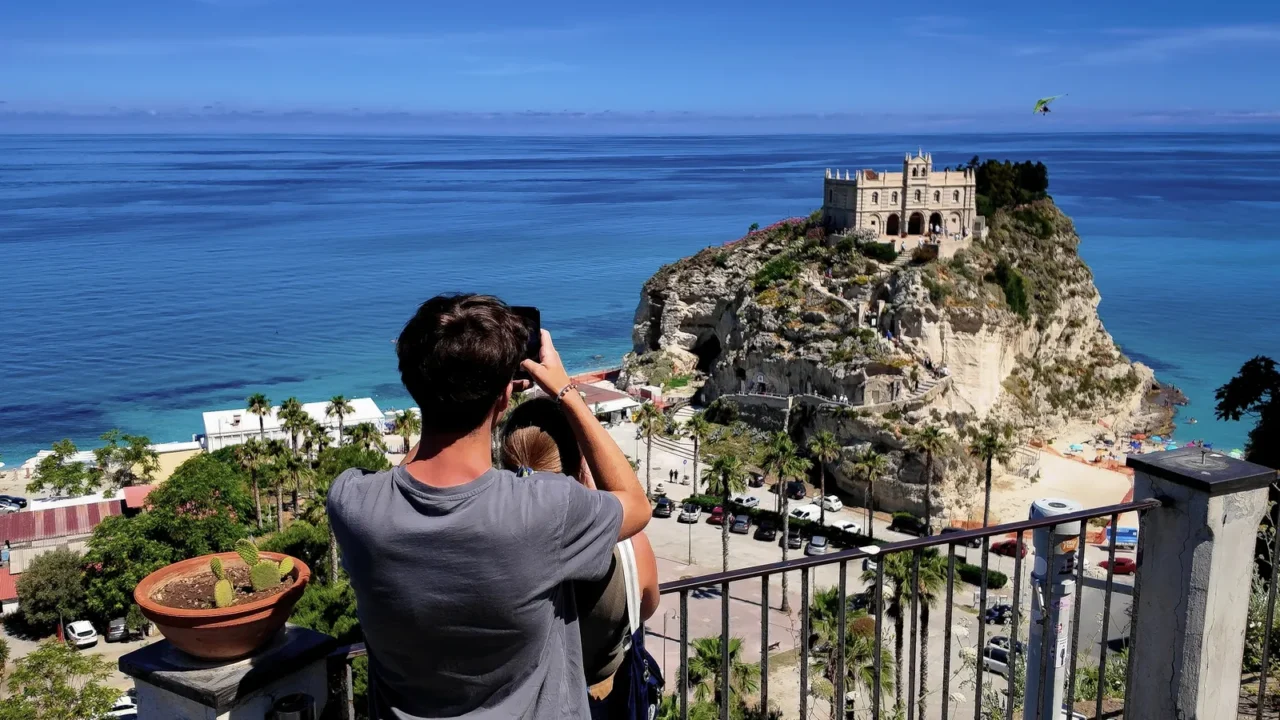
Respect brings rewards
For visitors, the lesson is simple: respecting rules makes for a smoother trip. Following local customs preserves the city and improves everyone’s experience.
Venice remains magical when treated with care, and tourists who play by the rules will find it even more welcoming. Kindness and respect make travel memories last. On your UK tour? Don’t just stop at Paris; here are the French spots that deserve your attention instead.
After all, would you be willing to follow a few simple rules if it meant Venice stayed magical for future visitors?
Read More From This Brand:
- Why American tourists are falling out of love with Las Vegas
- 14 surprising Disney park secrets for parents who want to come with kids
- 14 tailored retreats to help bounce back from burnout
Don’t forget to follow us for more exclusive content right here on MSN.
This slideshow was made with AI assistance and human editing.